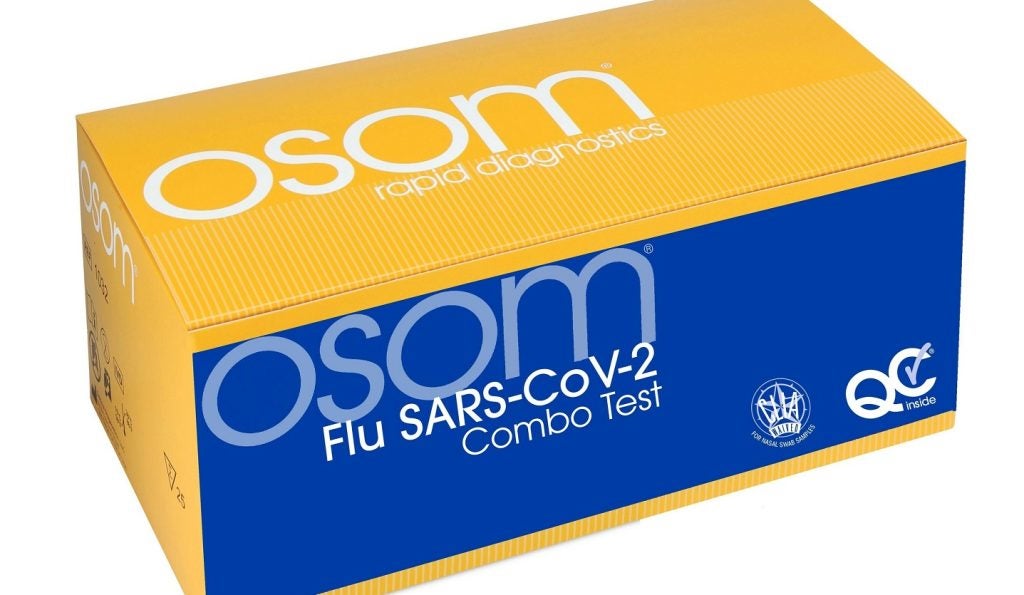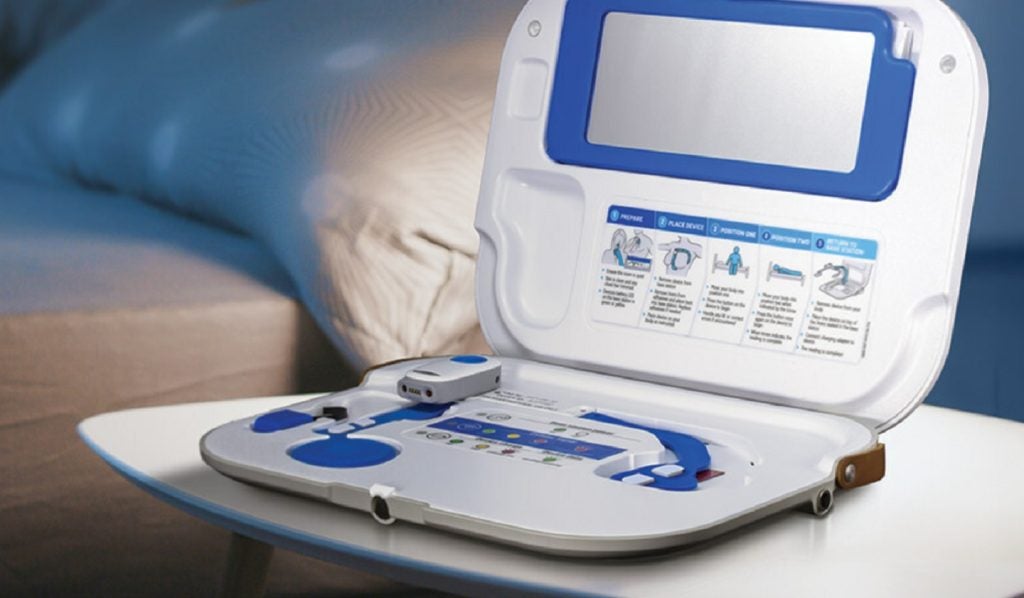Washington-based clinical laboratory Neurocode USA is launching a new novel blood test to detect Alzheimer’s disease based on the amount of pTau217 in the blood.
Known as ALZpath Dx, the company said that the blood-based test measures levels of phosphorylated tau at position 217 (pTau217) circulating within a patient's system, commonly noted as one of the important biomarkers denoting Alzheimer’s disease.
According to Neurocode, it is the first laboratory in the US to make the test available as a laboratory-developed test (LDT) for clinical diagnostic use, clinical trials, and other research purposes.
It follows after the Food and Drug Administration’s (FDA) plan to regulate LDTs as medical devices, a plan that has seen pushback. The proposed rule seeks to amend the FDA’s regulations to clarify that in vitro diagnostic products (IVDs) are devices under the Federal Food, Drug, and Cosmetic Act.
According to GlobalData analysis, the Alzheimer’s disease market is forecast to be worth $15.9bn globally by 2030. Meanwhile, the Alzheimer’s Association estimates that there are approximately 6,500,000 patients aged 65 years and older currently living with the disease in the US.
Ryan Fortna, medical director of Neurocode, said: “The clinical availability of the ALZpath Dx test is significant as it provides a more scalable, more accessible, and less invasive option for the diagnosis of patients in earlier stages of the disease when recently approved disease-modifying therapies are most beneficial.
“Additionally, this blood-based test is as accurate as brain imaging or CSF testing, but is faster, more accessible, less expensive, and less invasive, and it does not require radiation exposure."
In July 2023, California-based ALZpath received $1.9m from the Alzheimer’s Drug Discovery Foundation (ADDF) to advance its pTau217-based blood test aimed at the early detection of Alzheimer’s disease as part of the group’s diagnostics accelerator. Elsewhere, an international research team led by the Hong Kong University of Science and Technology has developed its own diagnostic blood test designed to catch Alzheimer’s disease early.
Andreas Jeromin, chief scientific officer of ALZpath, said: "The availability of ALZpath Dx in our first partner laboratory marks a significant milestone in making this test available for clinical use. Looking ahead, ALZpath is planning to expand our network to help patients, their families, healthcare providers and pharmaceutical and biotech companies, and to improve care and management of a disease that devastates so many lives."















